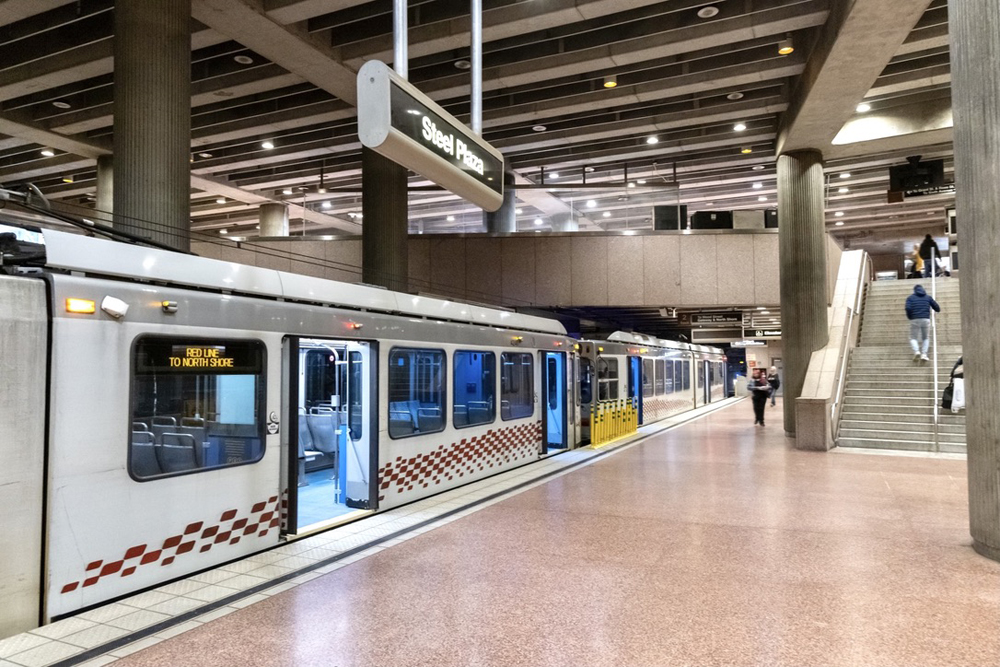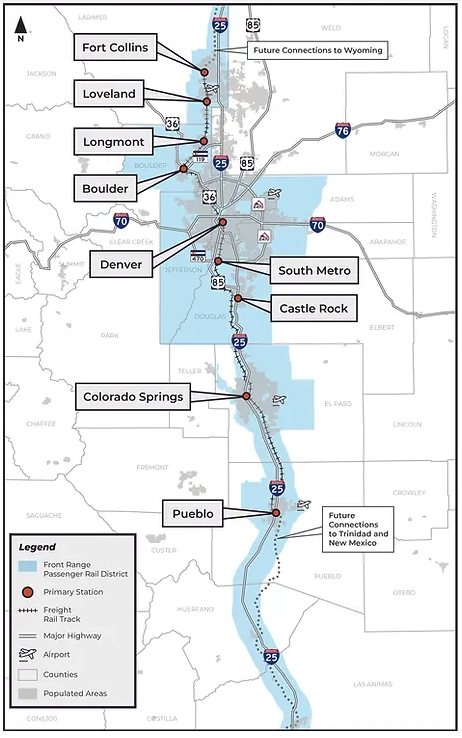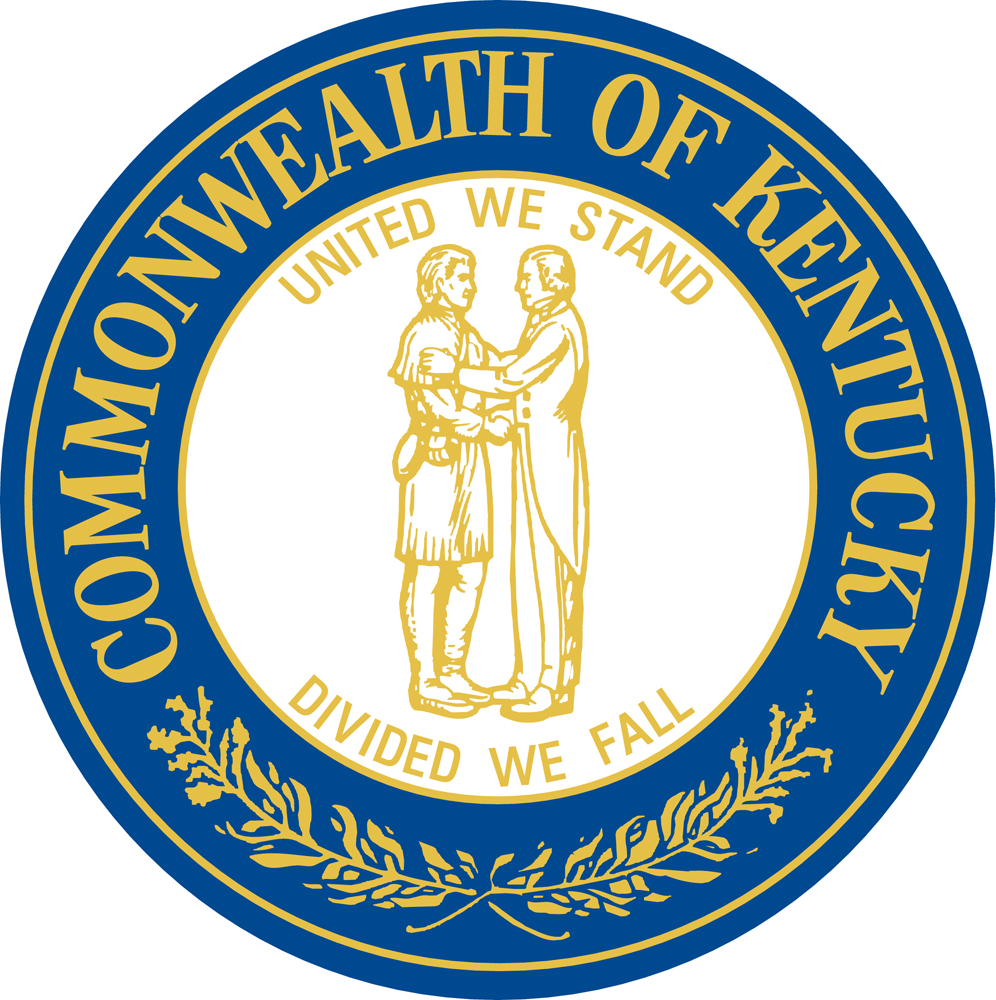CHICAGO — Two unrelated incidents made for a bumpy evening commute Thursday for riders on Metra’s BNSF line.
First, trains were stopped briefly after a truck struck a bridge near Western Avenue about 3:30 p.m. Trains were moving again by 4 p.m. with residual delays of 20 to 25 minute, WMAQ-TV reported.
Later, a locomotive caught fire at Union Station on BNSF train No. 1285, a 6:31 p.m. departure for Aurora, WBBM-TV reported. About 100 people were evacuated from the train; the Chicago Fire Department responded and extinguished the fire. Inbound and outbound traffic to the south side of the station was temporarily suspended, with a Metra tweet reporting at 7:40 p.m. that traffic had resumed.
Two trains — No. 1285 and the return trip using its equipment, No. 1294 — were cancelled, and another BNSF train was reported to be operating with a 35- to 45-minute delay.














Man have we become wimps; back when I was young-ish (1965 era ) I would detrain at Northwestern station from the C&NW’s bilevel Flambeau 400 from my home town of Appleton Wis.
While strolling past the usual E8-F7 [power and taking in the fumes from 2 567v12’s and 1 567v16 along with 2 small diesel hep diesels often on the next track was a set of “400” coaches while steam heated in the winter had propane generators going full blast for the a/c systems.
These fumes help clear the sinuses from the on board aroma of brake shoe smoke coming thru the vent system after each station stop and the fumes of cigarettes in the diner and lounge cars.
Somehow after all of this I have made it to the age of 74 but have literally lost my sense of smell and much of my taste buds are fried. Still good memories though.
Curtis,
Both the Lake Shore and Capitol Limiteds arrive locomotive first. As I take both trains, I prefer this as opposed to taking a wye and backing in, which usually takes about 15-30 minutes. I can live with the fumes as a detrain.
I am not sure about the Cardinal, Michigan, or other Illinois trains.
Most Amtrak trains go into CUS head first, though I remember a time when the Lake Shore Limited would wye and back in.
Actually, few or no Amtrak movements enter CUS headfirst. Hiawathas have power pulling northbound and pushing south. The diesel fume problem on the CUS northside platforms, as well as southside, stem from HEP needs. The Empire Builder in both directions uses the better ventilated riverside through track, and being a longer consist does not confine its motive power to the degree of Metra operations.
The separation might be overdo but the question is who’s going to pay for it to happen? That’s why it doesn’t happen.
The majority, if not all, of Metra diesel trains currently enter the downtown stations cab control car first. However, the diesel fumes do still manage to get inside the passenger cars as a study done at Union Station a few years ago showed.
Trains at Chicago Union Station NEVER arrive head first.
With the busy commuter rail traffic in Chicago, electrification of all lines is overdue. The fire that erupted on a diesel locomotive undermines the urgency.
Travellers at Chicago Union Station have complained about diesel exhaust spreading inside from locomotives on trains arriving headfirst. [That is one of several reasons I favour trains reversing towards stub stations as is practiced at New Orleans Union Station (née New Orleans Union Passenger Terminal).]
The complete separation of commuter traffic off of freight lines is over due as well..
The Crescent into the UPT in New Orleans is designed to Y then back into the station. However with the Crescent arriving at least one to two hours late, thanks to NS being over run with freight, most days, they run into the station engine first, with all the diesel smoke and noise!